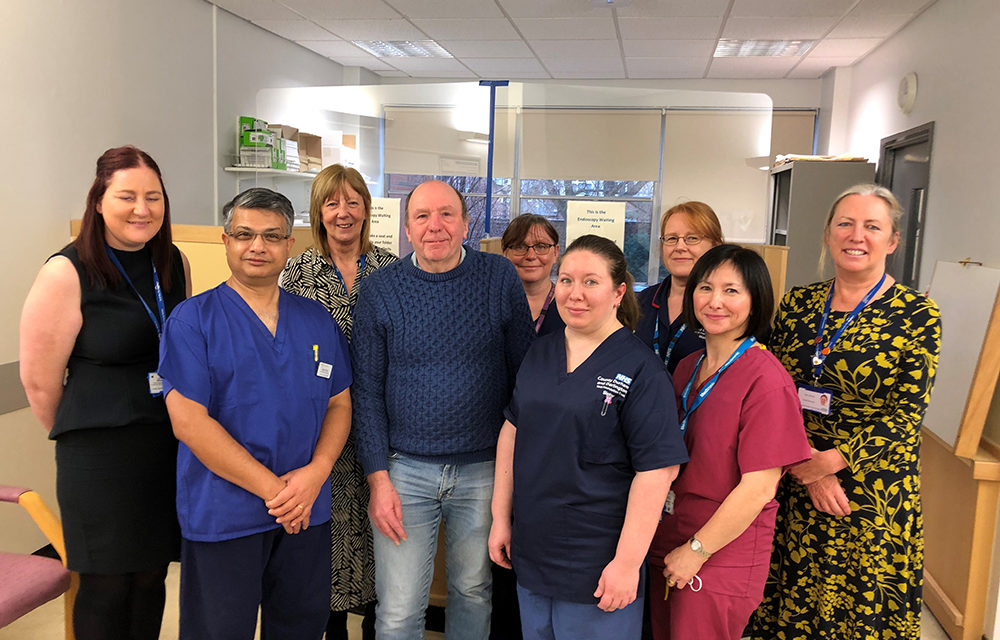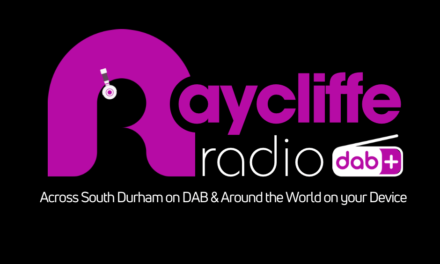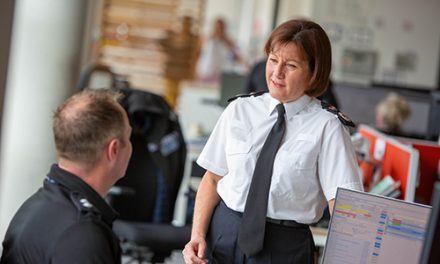Patients across County Durham and Darlington, who need to be regularly monitored for a condition called Barrett’s oesophagus, are benefiting from a revolutionary simple new test to rule out suspicious cell changes.
Professor Anjan Dhar, Professor of Medicine & Consultant Gastroenterologist, at County Durham and Darlington NHS Foundation Trust, explains, “Barrett’s oesophagus is a medical condition where some of the cells in the oesophagus grow abnormally. Patients with Barrett’s oesophagus are at slightly higher risk of developing oesophageal cancer so undergo regular checks. Usually, this would involve an endoscopy – a procedure where a camera is inserted via their mouth which enables the clinician to see the oesophagus. It can be uncomfortable for some patients and usually takes at least 30 minutes.
“Between 2015 and 2022, we participated in a number of trials of a new test to monitor the oesophagus in this group of patients, carried out by Cambridge University and the National Institute for Health research. Known as a Cytosponge, the test is in the form of a very small capsule which is attached to a string. The patient swallows the capsule with water whilst a nurse keeps hold of the string. Once swallowed, the outer lining of the capsule, made of vegetarian glutelin, then dissolves to reveal a tiny sponge around the size of a ten pence piece.
“The sponge is then withdrawn from the stomach via the mouth by a quick pull of the string, taking between 500,000 and one million cells on its way. Once removed, the sponge is sent to the lab for examination. Findings can determine whether further testing via an endoscopy is required. This is usually needed in 10-12% of patients.
“We’re very excited that, with funding provided by the Northern Cancer Alliance, from this month we are amongst the first trusts to offer Cytosponge to our patients in the North East of England.
“As a trust we are committed to research and development, including participating in national and international trials that train our staff in cutting edge techniques and care and give our patients access to the very latest investigations, medications and other treatments, safely and before they become widely available.”
Dr Deepak Kejariwal, Clinical Lead for Endoscopy & Consultant Gastroenterologist, said, “Endoscopy is a very useful diagnostic technique across a wide range of specialties, meaning there is great demand for it. Cytosponge is much quicker and doesn’t need to be done in the endoscopy suite. Using Cytosponge to monitor people with Barrett’s oesophagus, many of whom will not require further investigation, frees up endoscopy slots for other patients, reducing waiting times for many. While some Cytosponge results will indicate an endoscopy is needed, most patients won’t need one – which is better for them and minimises the impact on our busy endoscopy service.”
Photo: Patient David Baty (centre) with members of the endoscopy team at Darlington Memorial Hospital and Lin-Wee Aspin, Medtronic (second right).
Simple Test Revolutionises Cancer Detection











